Fast Website Process
Having a fast website is crucial for several reasons, and here are some key points highlighting its importance:
- User Experience (UX):
- Fast-loading websites provide a positive user experience.
- Users are more likely to stay and engage with content on a site that loads quickly.
- Search Engine Ranking:
- Search engines, like Google, consider page speed as a ranking factor.
- Faster websites tend to rank higher in search engine results, improving visibility.
- Conversion Rates:
- Users are more likely to convert (make a purchase, sign up, etc.) on a fast website.
- Slow loading times can lead to higher bounce rates and lower conversion rates.
- Mobile Friendliness:
- Fast websites are essential for a seamless experience on mobile devices.
- Mobile users, who constitute a significant portion of internet traffic, expect quick loading times.
- Competitive Advantage:
- A fast website gives you a competitive edge over slower competitors.
- Users are more likely to choose a site that delivers information or services quickly.
- Improved User Retention:
- Visitors are more likely to return to a site that provides a fast and efficient experience.
- Slow websites may discourage repeat visits and result in user loss.
- Reduced Bounce Rates:
- Users are less likely to bounce away from a fast website.
- Lower bounce rates indicate that visitors are engaging with your content.
- Cost-Effectiveness:
- Fast websites optimize server resources and reduce bandwidth costs.
- Improved efficiency can result in lower hosting expenses.
- Global Reach:
- Fast-loading websites cater to a global audience by ensuring quick access regardless of geographical location.
- This is particularly important for businesses with an international presence.
- Ad Performance:
- Faster websites contribute to better ad performance.
- Advertisements on quick-loading pages are more likely to be seen and clicked by users.
In summary, a fast website enhances user satisfaction, boosts search engine rankings, increases conversions, and provides a competitive advantage in today’s digital landscape. It is a fundamental element for online success and a positive overall online presence.
Fill Out Form
Make sure to include your domain name.
Received
Once we receive your info we will run a thorough speed test
Test Results
We will email over a report and solutions
Solutions
We will help you with a fix
Free Website Speed Test
Read our Fast Website FAQ’s
Website speed is crucial for user experience and search engine rankings. A faster website enhances user satisfaction, reduces bounce rates, and improves SEO, leading to higher visibility and potential business growth.
You can use online tools like Google PageSpeed Insights, GTmetrix, or Pingdom to conduct a website speed test. These tools analyze your site’s performance and provide insights into areas that need improvement.
Several factors affect website speed, including large image files, unoptimized code, excessive plugins, server response time, and the use of external embedded media. A comprehensive speed test can identify specific areas for improvement.
Regular website speed tests are recommended, especially after implementing changes or updates. Monthly checks ensure that your site maintains optimal performance, providing a seamless experience for visitors.
Yes, search engines, especially Google, consider website speed as a ranking factor. A slow site may experience lower rankings, affecting its visibility in search engine results. Improving speed can positively impact SEO.
An ideal load time is under three seconds. Studies show that users tend to abandon a site if it takes more than a few seconds to load. Aim for a fast, responsive website to retain visitors and enhance their browsing experience.
A professional web design company can conduct a thorough speed analysis, identify bottlenecks, and implement optimization strategies. This may include image compression, code minification, server upgrades, and other technical enhancements.
Yes, mobile speed is crucial as an increasing number of users browse websites on mobile devices. Responsive design, optimized images, and efficient coding are essential for ensuring fast loading times on smartphones and tablets.
The choice of hosting provider and plan significantly affects website speed. A reliable hosting service with fast servers and sufficient resources is essential for optimal performance. A web design company can guide you in selecting the right hosting solution.
Absolutely. Studies show a direct correlation between website speed and conversion rates. A faster website creates a positive user experience, leading to higher engagement, increased trust, and ultimately, improved conversion rates.
Yes, it’s entirely possible to balance aesthetics and speed. Skilled web designers can optimize images, streamline code, and implement performance-focused design practices to create visually stunning websites that load quickly.
Regularly updating content, monitoring plugins, optimizing images, and staying informed about the latest speed optimization techniques are crucial for maintaining a fast website. Periodic speed tests can help identify and address any emerging issues.
Prioritizing website speed is a proactive step toward providing an exceptional online experience for your audience. A web design company specializing in speed optimization can be instrumental in ensuring your website performs at its best.




